It’s a new year: Parking changes and PBIS
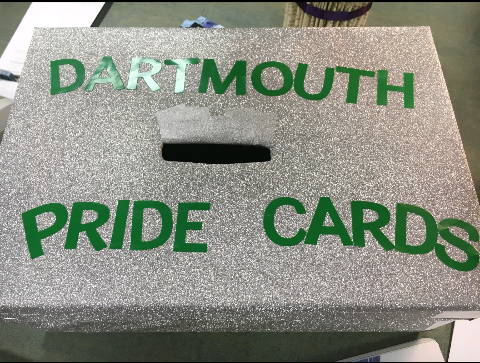
The appearance of the new school year has come with the arrival of two significant changes: the transformation of the parking system and the enactment of a new rewards system entitled Positive Behavior Incentives and Supports (PBIS).
In previous years, students with their driver’s license could purchase a parking pass, limiting them to an assigned space in the student lot. This year, a new system, known as “free for all parking” has been imposed, allowing students with a pass to park in any spot not reserved for faculty. The alteration has garnered some mixed reviews.
“Personally, I think the new parking system is terrible,” said senior Alison Silvia. “I’m a creature of habit, and I loved having my same assigned spot every day.”
Other students felt differently. “I don’t mind the free for all system,” said senior Victoria Cameron. “I think it’s a good incentive to get here early.” Part of the rationale behind forgoing assigned spots is to encourage students to be punctual. Since students are no longer entitled to a specific parking space, in order to secure one, they will have to arrive earlier.
However, some believe that the new system may have the opposite effect. Senior Serena Turner said, “Students who arrive to the parking lot on-time but must waste time trying to find a spot will be considered late.”
Meanwhile, other students found that the system runs smoothly and without mayhem. “I have had no problems and have been able to find a front parking spot pulling into the lot at 7:25,” said senior Stacie Hartman.
Another change implemented at DHS includes Positive Behavior Incentives and Supports (PBIS). While the other Dartmouth Public Schools have had forms of PBIS for the past six years, this is its first year at Dartmouth High.
The program gives any staff member the ability to distribute a Dartmouth Pride card to a student they observe demonstrating respect, responsibility, or kindness. The cards can be turned in to the Dartmouth Pride Boxes in the Media Center and main office in order to be entered into a weekly raffle. Winners will be selected on Fridays and will receive prizes such as tickets to football games or gift cards. “Rather than just material prizes, we want to give students opportunities like rallies and activities and reward larger groups,” said school psychologist Dr. Kristin Fortin. Focus groups are being created to give students opportunities to relay their suggestions for incentives to faculty members
Members of the PBIS Team hope to eventually acknowledge all students making good decisions. “We don’t want to rely on the negative. We want to focus on the positive,” said Associate Principal Rachel Chavier. “Most of the time students are doing good, but we only focus on the 10 percent of the time they’re doing the wrong thing.”
DHS students have expressed a variety of opinions on the new program.
“Behavior at our high school isn’t the biggest issue that we face,” said sophomore Cory Olivera. “However, increasing positive behavior with the help of incentives will most likely make the school a better place.”
Many have linked PBIS to programs such as “Caught In The Act” or “Dare to be RARE” at Dartmouth Middle School or “Quinn School Rockets” at Quinn Elementary, all of which entail students receiving rewards for positive behavior. “It’s weird for the high schoolers to do a similar program that my brother is doing in elementary school,” said sophomore Rebecca Benoit. “I like the idea of it, but I think the way they’re approaching it is immature for our age.”
Other students expect that the system may do more harm than good. “In the real world, people aren’t rewarded for making good, kind decisions,” said sophomore Sarah Sughrue. “I think all the PBIS system does is make students believe that the only reason you should be kind to others is when you are rewarded or if it ends up benefiting you as well.”

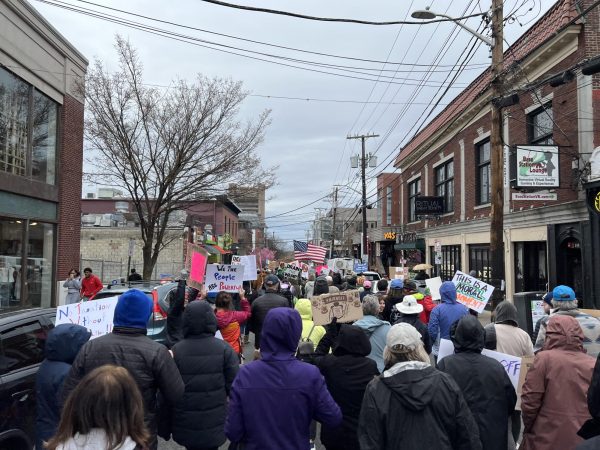

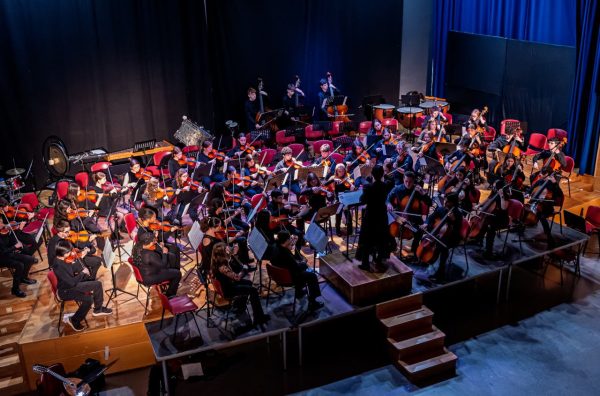
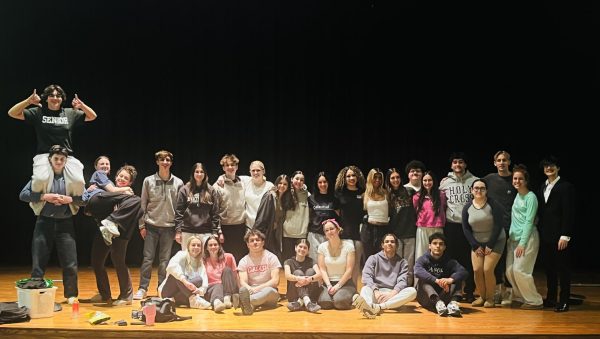
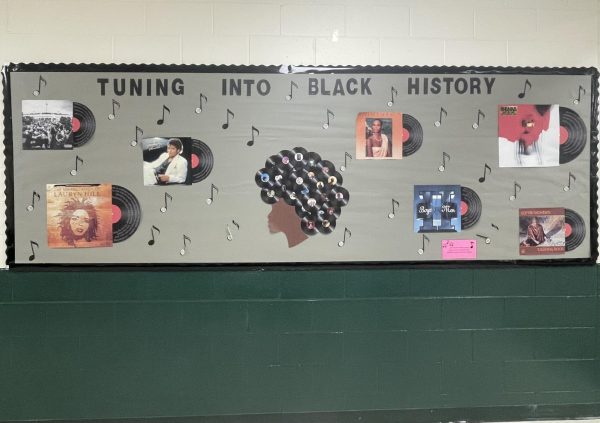

sam brodsky • Sep 21, 2016 at 11:23 am
nice article. i’d like to hear from more students on their perceptions of reward cards.
activities considered age appropriate are hard to predict. who thought pokemon go would be a game for 40 year olds? perception of activities as age appropriate also changes over time. when did texting while talking to someone become accepted behavior?
maybe the reward cards will seem more normal over time, or maybe someone will come up with other solutions.
Nicole Sheahan • Sep 20, 2016 at 11:20 pm
The parking portion of this is very well balanced, Miss Bancroft–an impressive mix of opinions and experiences.
A note about PBIS…my initial feelings were akin to the included student opinions; however, since it’s a district-wide initiative, I think it makes sense to find a way to make it work here, so I joined the PBIS team with a sincere desire to make it relevant and meaningful to high school students. I hope that Miss Benoit will join one of the focus groups–or come talk to me 🙂 –to give us ideas about how we can recognize positive behavior in a way that feels right for high school students. And to Miss Sughrue, I confess to sharing some of your ideas, but doing the right thing does reap rewards in the adult world (safe driver credit, promotions, raises, etc) — those rewards just don’t get announced over intercoms. 😉 I HIGHLY encourage students to heed the call for input so that the program becomes one you can stand behind.